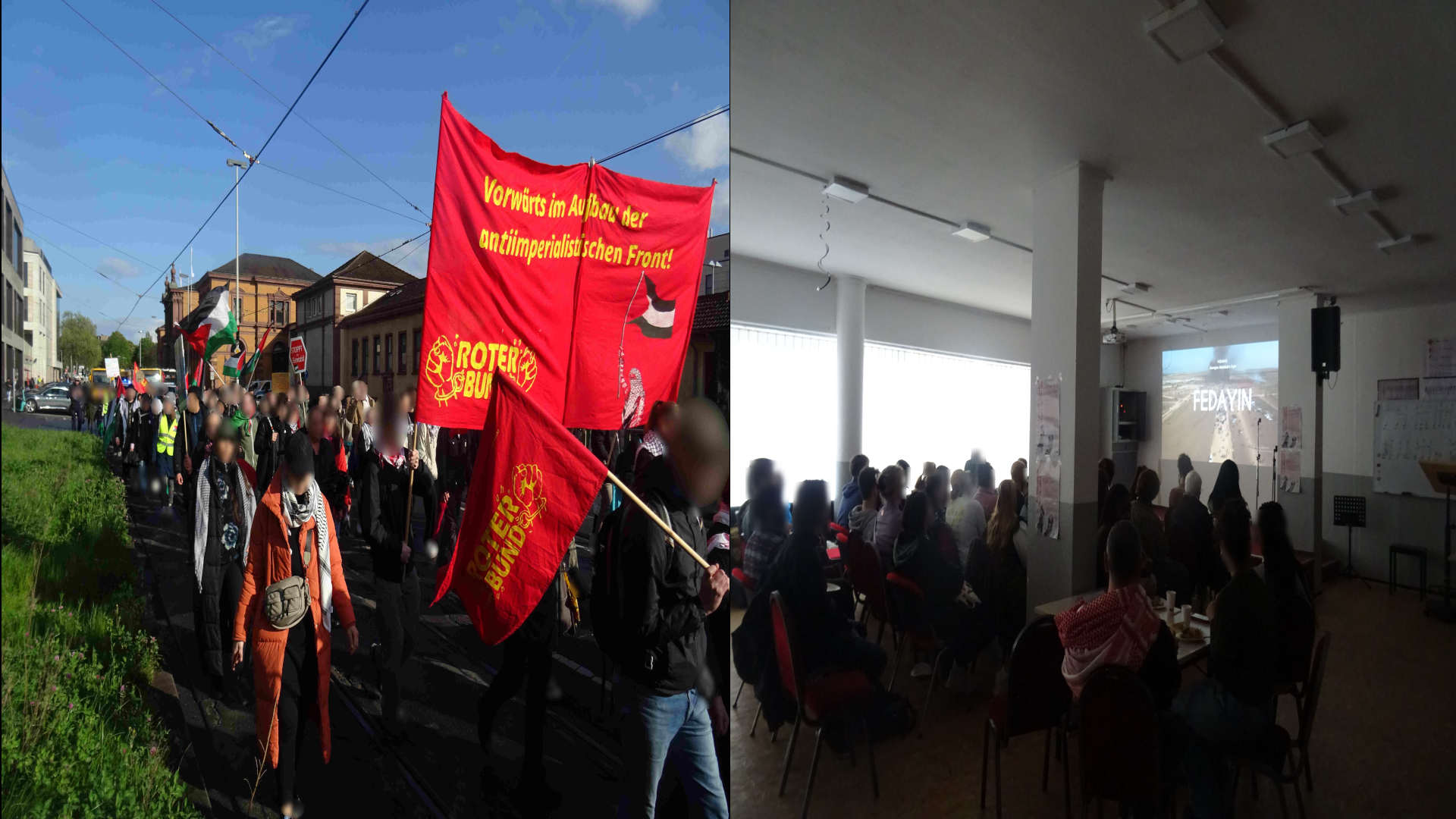n the next year the value added tax for meals should rise on 19 percent. This increasing of the tax hits mainly the gastronomy and the petit bourgeois in this field. The german hotel and restaurant association (DEHOGA) worries about big consequences, after a survey in the sector.
The Corona Tax Relief Act temporarily reduced the value added Tax rate on food served in cafés, restaurants or catering from 19 percent to 7 percent starting in July 2020. After several extensions, the Value added tax reduction will now expire at the end of 2023. The law was intended to provide financial relief for restaurateurs. The tax cut was due to expire for the first time at the end of 2022, but was extended by a further year due to the so-called energy crisis. In 2024, however, it is not to be extended again, so restaurateurs are facing to an upcoming tax increase.
Although it can be said that the catering industry had to pay the same percentage of taxes before 2020, but it must also be said that now are different times with different conditions and problems. Between 2020 and today is the beginning of the corona pandemic, which had enormous economic and political effects with the subsequent state of emergency imposed by the government for years. The catering industry in particular collapsed at times. At the beginning of the pandemic, the entire restaurant trade had to close. Numerous precariously employed workers in cafes and pubs were laid off, and many small business owners were forced to close their establishments due to the lack of income. Even when gastronomy establishments were gradually allowed to reopen, they faced numerous Corona restrictions for about two years, which accordingly continued to have a negative impact on their revenues. Numerous small gastronomic businesses did not survive this period. In Baden Württemberg, around 5,000 establishments had to close during that time. Even today, most restaurateurs are still struggling with the consequences of the last years. Many of those who survived Corona and did not go bankrupt are now heavily in debt.
Then there are the effects of the current economic crisis. The increased prices, especially for food and energy, are hitting the small businesses that barely survived the pandemic with full force. Many restaurateurs are currently struggling to keep their business afloat. That the value aded tax is now to rise provides rightly for indignation among these.
The remaining restaurateurs anticipate enormous consequences for the gastronomy if the tax increases. Increased expenses will force many restaurant businesses to pass their costs on to consumers. This means that also prices in restaurants and cafes will continue to rise. For example, the Baden Württemberg DEHOGA association said that they expect prices in the catering industry to rise by more than 15 percent next year. Also in the last years, the price increases had been quite present in the gastronomy trade. In order to point a descriptive example out, while before Corona a Schnitzel in the restaurant cost scarcely 25 euro, costs this now 30 euro. If now still the increased value added tax comes in addition we can count on a price of 34 euro for that Schnitzel.
Such a price increase then also affects the working class. Prices for all kinds of necessities rise, while wages do not increase to the same extent. Many workers are therefore confronted with a reduction of the real wages and in fact they earn less than in previous years. Accordingly, many have little money left to spend on culture and free time. If prices in the restaurant trade continue to rise, many people will no longer be able to afford to eat there.
The fact that fewer and fewer people have the money to buy an expensive meal while restaurateurs are forced to raise their prices means that fewer and fewer people will buy expensive food in restaurants, which will put the gastronomy under even more pressure. The Baden Württemberg DEHOGA association expects more than 2,000 establishments in the state to close next year.
After all the financial blows of the last few years, many small gastronomic business owners actually hoped that the state would help them so that they could sufficiently recover from these blows. But it seems that the state is not interested in supporting them. Quite the contrary. Instead of support, they get even more obstacles put in their way. That the governement wants to increase the tax now, puts on the one hand the gastronomy owners under pressure, but it also increases the fear of layoffs among those employed workers in the gastronomy. At the same time while now many people fear for their existence, they are spent now however billion of funds for the armament of the german army. This year alone, around 50.1 billion euros from the so-called "single plan 14" and around 8.4 billion euros from the share of special assets in the defense budget of the German government was fixed. This expenditure will be made alone in this year, and it gets financed with tax money. Among with that money that the Gastronomy owners must pay to the taxes. Obviously, the people should pay with their remaining money for the wars of the ruling class.











